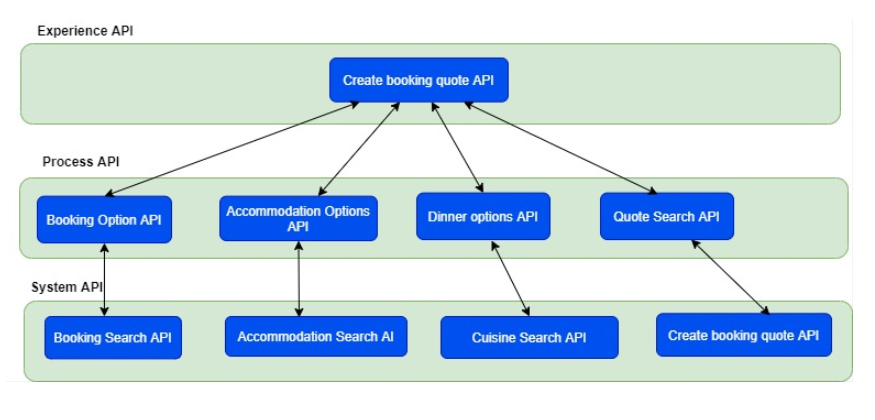Object Store in MuleSoft is used to store key-value pairs that we might need to preserve for future use. In this tutorial, we will learn how we can use Object Store V2 REST APIs to dynamically update the values present in our object store without making any changes to our code.
For a detailed explanation on Object Store and rest APIs please refer to official MuleSoft documentation.



